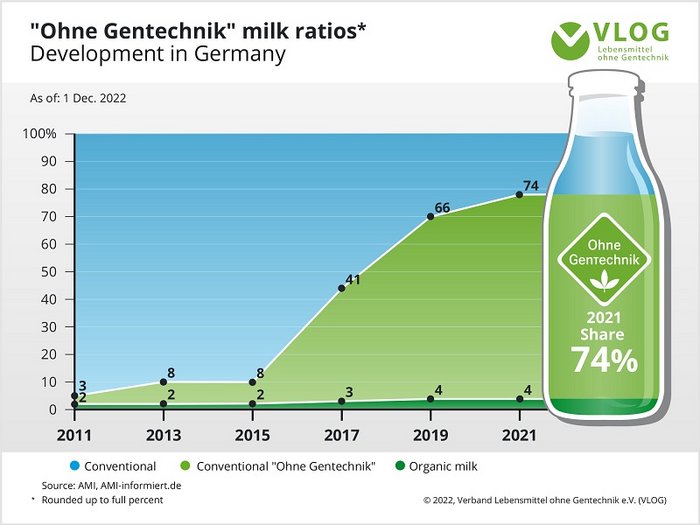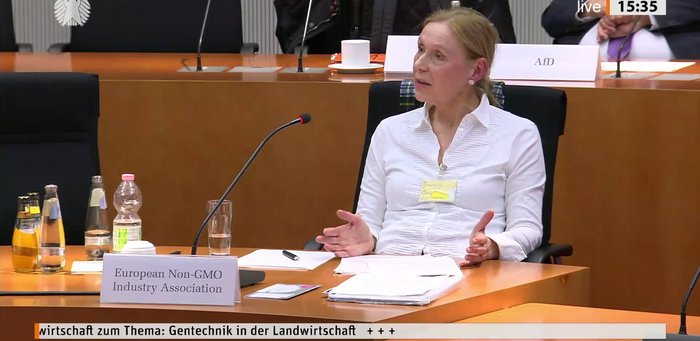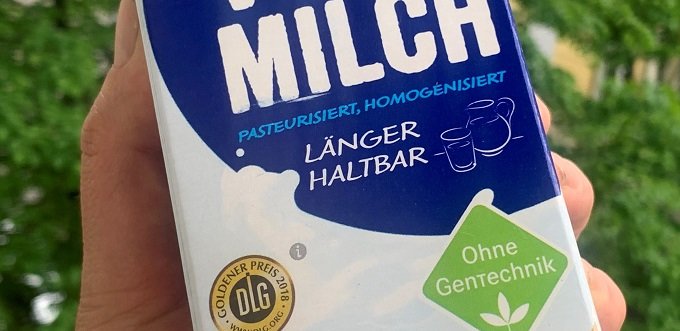Press
All press releases and press statements
If you would like to receive our press releases by e-mail, we will be happy to add you to our press mailing list.
![[Translate to English:]](/fileadmin/user_upload/08_presse/_processed_/5/3/csm_NonGMOSummit_nurLogo_800x390_96fefd24b7.jpg)
International Non-GMO Summit 2023 on May 9-10th in Frankfurt, Germany
This May (9-10th) will see the first ever International Non-GMO Summit taking place in Frankfurt am Main, Germany. The Summit will be an unprecedented get-together for all parts of the Non-GMO value chain – from the major raw materials providers to traders, food producers and through to retailers.

"Ohne GenTechnik" is the most distinct food label - and should remain so!
The [German] Quality Seal Monitor 2023 certifies, the green "Ohne GenTechnik" (Non-GMO) diamond has the most distinct content of the 20 food seals analyzed. To ensure that this remains the case, the EU's GMO standards must be preserved.
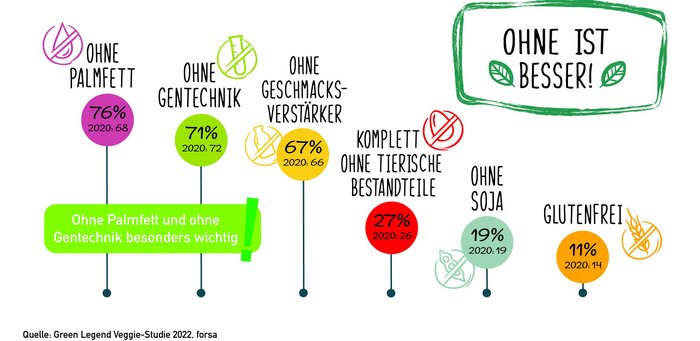
International Green Week: "Ohne Gentechnik" important for meat substitutes according to survey
Meat substitutes are booming and will also be in the spotlight at the International Green Week food fair 2023 in Berlin. According to a new study, absence of genetic engineering is at the top of the wish list.

Products sold for over 13 billion euros: Maintaining the successful "Ohne Gentechnik" label
Consumers spent around 13.2 billion euros on "Ohne Gentechnik" (Non-GMO) products in Germany in 2021, 4.3 percent more than in the previous year. Therefore, the label remains on a winning streak in its 13th year. Current challenges include possibly new EU GMO rules and deliberately stoked uncertainties around the issue of feed availability.

Sufficient GMO-free rapeseed available: Adequate payment for quality!
Some industry associations repeatedly try to exploit market uncertainties by toppling proven quality standards in agricultural production. Currently, the war in Ukraine is being used to claim an alleged threat of non-availability of GMO-free feed.
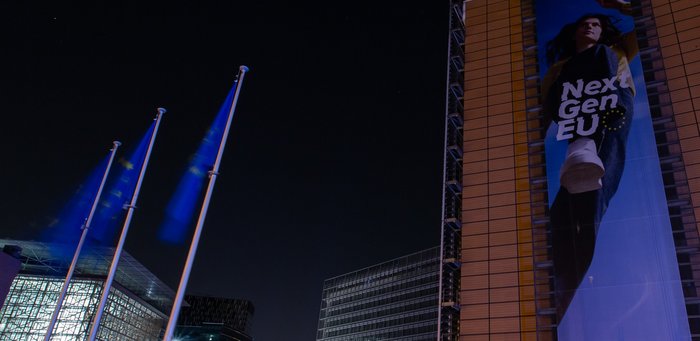
Biased questions: EU consultation launched on new genetic engineering
The EU Commission has launched the previously announced public consultation on regulating future genetic engineering. The questions and reply options are formulated with a strong bias towards softening the currently existing rules.
![[Translate to English:] [Translate to English:]](/fileadmin/user_upload/_processed_/7/0/csm_OG-Siegel_800_a7830b61db.jpg)
Despite misleading statements: "Ohne Gentechnik" production is secure
The German Raiffeisen Association (DRV) and the German Feed Association (DVT) try to conjure up a collapse of "Ohne Gentechnik" (Non-GMO) production. The "maintenance of the supply of the wide market with GMO-free material" is "not realistic in the long run", the associations claim, apparently misleading deliberately.

GMO-free feed sufficiently available despite Ukraine war
The war in Ukraine is bringing material flows and supply chains to a stumble or even to a standstill. GMO-free feed ingredients are also imported from Ukraine and Russia, but sufficient quantities of rapeseed and soybean meal are currently available. The "Ohne Gentechnik" [Non-GMO] sector is in close internal communication and is preparing for possible future shortages.

EU conference: Stop the deregulation of genetic engineering!
The plans of the EU Commission to deregulate genetic engineering threaten consumers as well as the "Ohne Gentechnik" and organic farming sectors. The new German Traffic Light coalition government can make a decisive contribution to stop these plans. According to the Commission, all options are still open. A high-level conference is being held today in Brussels to discuss this topic.

“Traffic Light Coalition” agreement and assignment of ministries: Green Light for "Ohne Gentechnik"
The words "genetic engineering" do not appear in the new German “Traffic Light Coalition” agreement between the Social Democrats (SPD), the Greens Party (Bündnis 90/Die Grünen) and the Liberals (FDP). However, commitments to transparency, risk and detection research and the designated assignment of the agricultural, environmental and economic ministries are a good political omen for the "Ohne Gentechnik" [Non-GMO] sector.

Anuga 2021: Retailers oppose genetic engineering deregulation plans
Other major European retailers have joined a joint resolution against the EU Commission's deregulation plans, under which many new GM products would no longer be recognizable as GM in the future. The future German government has a crucial role to play in defending the interests of consumers and the "Ohne Gentechnik" [Non-GMO] and organic industries in Brussels.
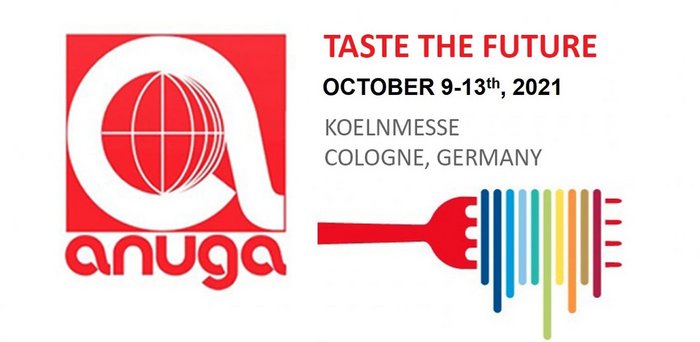
Anuga 2021: Great potential for "Ohne Gentechnik" pork and beef
"Ohne GenTechnik" [Non-GMO] has become the almost universal standard for dairy products within just a decade, accounting for a good three-quarters of the total. The majority of chickens, turkeys and other poultry in Germany are now also fed GMO-free, so that eggs and poultry meat are around two-thirds "Ohne Gentechnik". For beef and pork, the proportion has so far been significantly lower. But that is likely to change soon.


